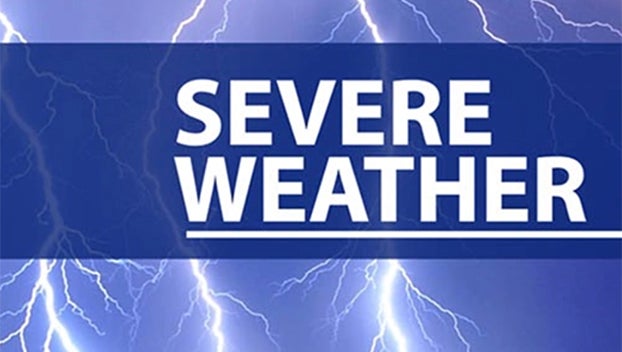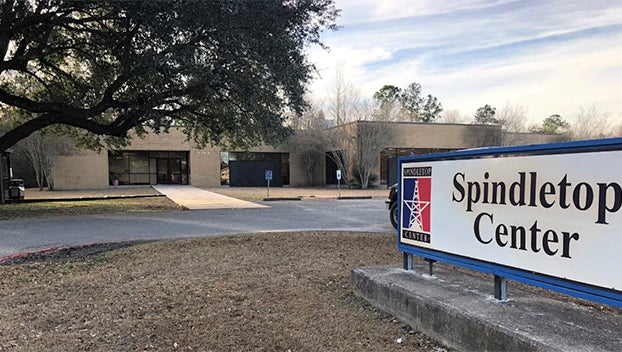Texans Target Larger Gas Pipeline After Keystone XL Defeat
Published 8:24 am Monday, November 16, 2015
AUSTIN, Texas (Texas News Service) – After the White House rejected the highly publicized Keystone XL, ranchers, artists and other residents in southwest Texas are working to stop an even bigger natural-gas pipeline.
The Dallas-based company Energy Transfer Partners claims that the Trans-Pecos, a 143-mile-long, 42-inch-diameter pipeline through the Chihuahuan Desert, will be environmentally sound and safe. But if the project goes forward, according to Coyne Gibson, who spent a decade as an engineer in the oil and gas industry, there’s no guarantee the area – designated as an eco-region – will be protected under Texas law.
“So if I want to cut your hair, and if I want to work on your air conditioning at home, I’ve got to have a license and permit from the state,” he said. “But in Texas, if I want to build a 42-inch high-pressure natural gas transmission line, I don’t have to have a permit of any kind.”
Gibson, a member of the Big Bend Conservation Alliance, said the pipeline would carry more than 1.3 billion cubic feet of natural gas every day to Mexico, enough to power the Dallas-Fort Worth metroplex. In addition to the impacts of large-scale development on a mostly intact biosphere, he said, the chance of explosion and fire in a three-county area with only 100 volunteer firefighters is a significant concern.
Alyce Santoro first heard about the Trans-Pecos last year. She said the project was heralded as a boon to the region, bringing in more than $7 million in taxes and providing counties with cleaner energy. After digging into the details, she co-founded the grassroots group Defend Big Bend.
“They’re telling us that there are these benefits and no one is taking into account the cost,” she said. “The pipeline going through this area will definitely damage various ecosystems that will probably not ever be able to recover.”
After a series of community meetings, Santoro’s group helped flood the Federal Energy Regulatory Commission with public comments. Santoro said the commission is the group’s best chance to stop the pipeline; since it crosses the U.S.-Mexico border, it falls under federal regulation. Out of more than 600 comments submitted, Santoro said, only six were in support of the pipeline.
The commission is set to release a decision on the Trans-Pecos early next year.





